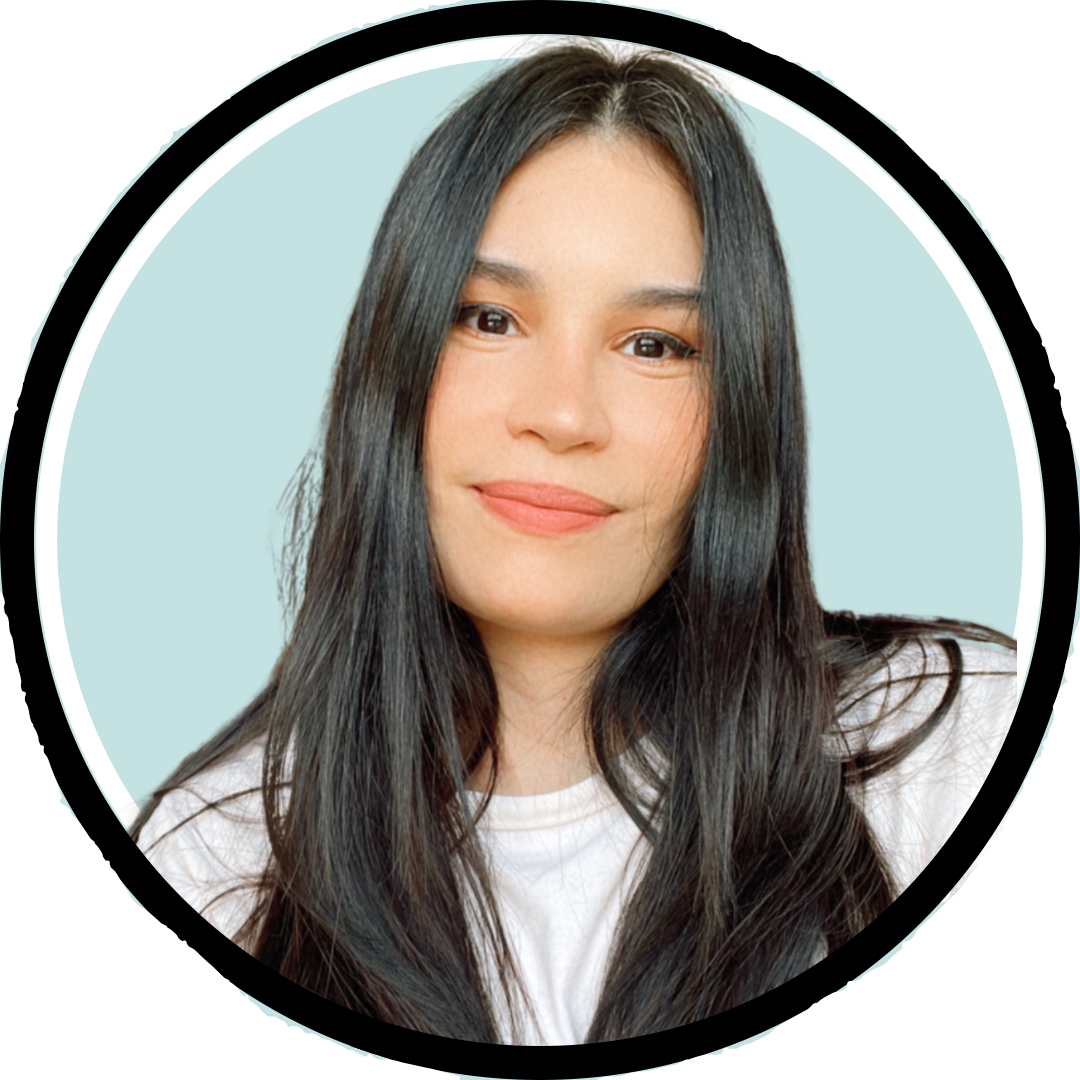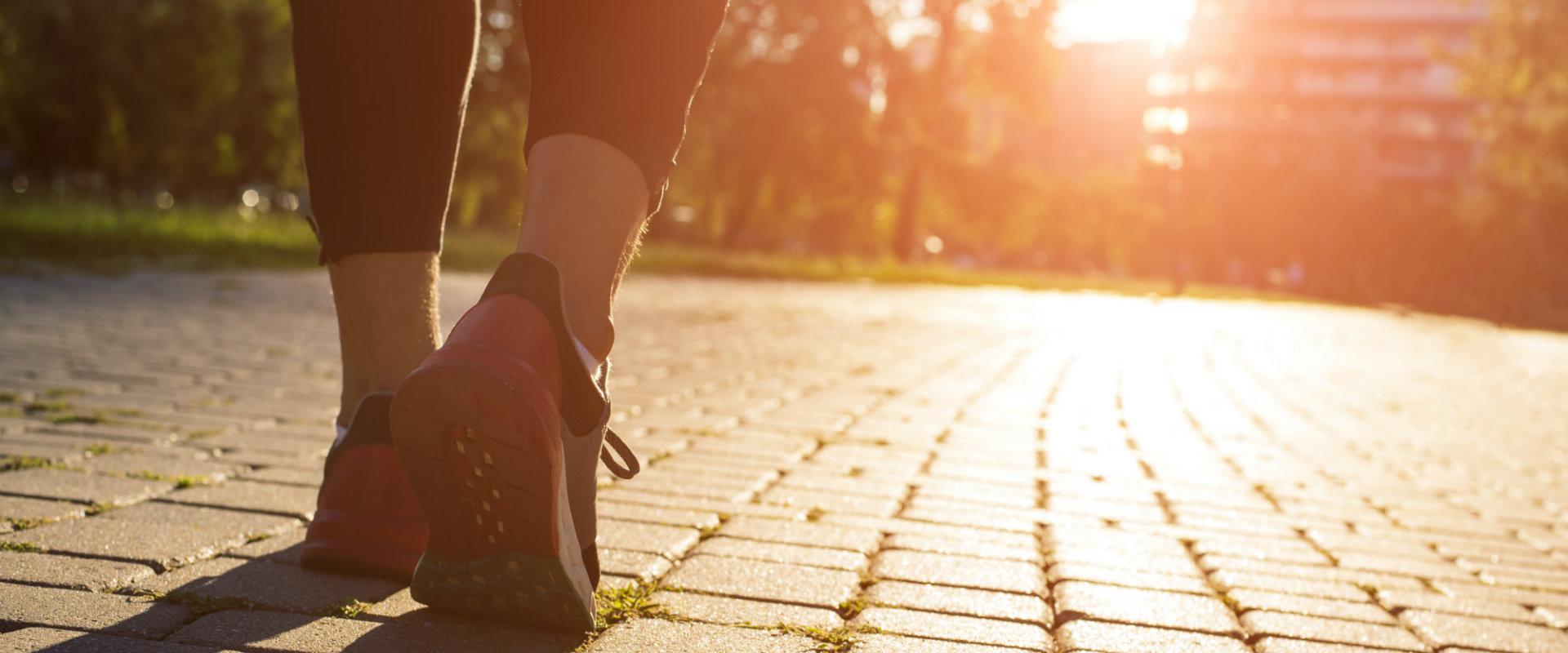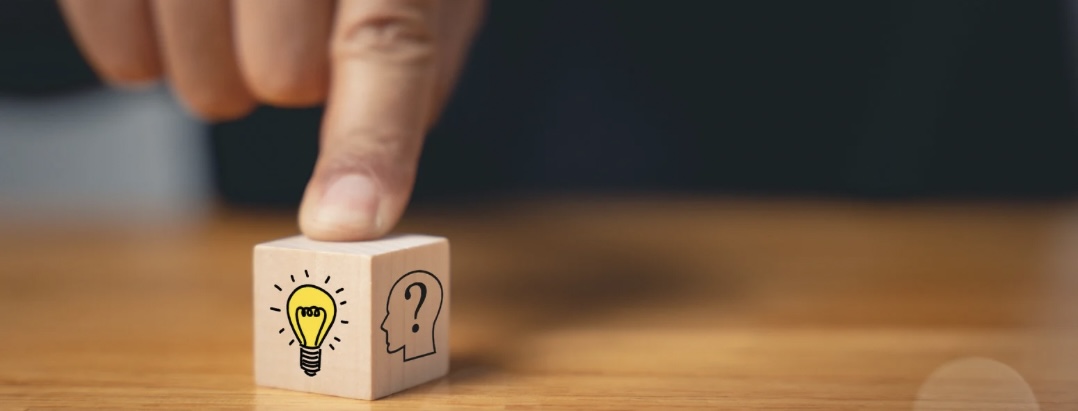We have been reinforcing behaviors for several generations that make us increasingly sedentary. Now we are inundated with the problems derived from this learning.
We are not made to sit most of the time. Our ancestors began to migrate – from Africa to the rest of the world – between two and 1.8 million years ago. Our species (homo sapiens) emerged in Africa about 200,000 years ago. And began the same journey of our ancestors 60,000 years ago. First to the northern part of the continent and later outside Africa, towards Europe and Asia.
50,000 years ago we arrived in Oceania and 23,000 years ago we arrived in America… For millions of years we have walked, explored and conquered new horizons. We have made it in such a way that there are human beings anywhere on the earth. This is not the case for all species. Various species are only found on some continents or specific places. And it was the man who transported them for his own interests.
Our physiology has adapted to this way of life, a dynamic life full of movement.
A few days ago, I saw an X thread from someone talking about stairs. He took a tour of the various designs of these stairs, in different places in the world and at different times. There were impressive images of the Tassel Hotel in Brussels, the Gorky Museum in Moscow, the Chambord Castle, the Vatican Museum in Rome, etc.
Beautiful stairs! Full of art. There were even mysterious ones. Hiding what one might find in the end. They varied in shape, size and design. In essence, the feeling that remained was that it was interesting and pleasant to climb those steps.

Most were from other times. They were from a moment in our history where we moved more…
While reading this post, I kept thinking about the emergency stairs in the building I live in. Cold, gray, dark, with a faint smell of storage and out of sight. To be used only in case of emergency. The central thing is the elevators.
In every aspect of our current lives, moving little is reinforced.
With the use of elevators, cars, large TV screens, cell phones… But it’s not just this… We also see it in the long days of study. You get a positive rating for sitting and listening to someone talk for hours. Taking notes and giving an opinion from time to time.
Going to the mall has become the favorite family plan. It’s a place where you just walk around to see what you can buy and then go eat something. The little ones can only do the same. Walk and observe without touching too much so that nothing breaks and then sit down to eat. There is no free play and movement. The only movement that is promoted is in order to acquire a product.
Our attention is monetized

We are studied all the time. To know, with increasing certainty, how to reinforce our behavior of sitting in front of a screen… This is no small thing and we should not look at it with such innocence, because they are giant and poorly regulated companies that are dedicated to analyzing our behavior to modify it to their benefit. Using information and technology created by scientific psychology (behaviorism) to make these changes.
It is the same knowledge that many behavioral psychologists use to help people change and have a more valuable life with greater well-being.
However, what is reinforced is that we are – most of the time – sitting looking at the screen. These corporations, at the same time, access increasingly greater economic rewards for keeping us hooked.
The fact that we move and are doing other things that give meaning to life, such as going out, seeing friends, walking or sleeping, has a negative impact on many companies. That’s why Reed Hastings, the CEO of Netflix, says that his biggest competitor is sleep.
It seems that a very great power has been “given” to blind men, maddened with more money than they can spend in a lifetime and wanting more and more, forgetting that money is a means and not an end and that there will be little point in sitting down in bills if people get sick and the planet warms.
If you look closely, it is super reinforcing for big companies to keep us still, because they win in any way, they win when we only look at the screen and move little and they win when we get sick as a result of being isolated and not moving.
Physical illnesses, many… Medicines, many too… Psychological problems, like an epidemic and increasing… Medicines for these problems, a lot and varied.

To this we add the use of negative consequences, for those rebels more rooted in their nature of playing and learning while moving. We even have diagnostic labels for those who move a lot and we medicate them so that they fit into our model of society. Model that only reproduces conditions that decrease our health and happiness.
We have become accustomed to seeing that children move less and less and we criticize or look down on those who deviate from the norm. The one who throws himself on the ground gets dirty and touches everything. “Seeing and not touching is called respect,” is a very common saying in my country that they tell children to keep them still.
It is not surprising that parenting costs so much nowadays, because we have children who all the time want to move, run, jump and climb… And we as parents have to give up the pleasure of lying on the couch all day watching TV, or being sitting at the desk all day working on the computer, or standing still, looking at the cell phone screen.
Taking a few steps from the door to the elevator, from the elevator to the car, from the car to the shopping center, from the car to the house, from the house to the car, from the car to work, to the supermarket, to the restaurant, etc. We move from one place to another without barely moving.
Children force us all the time to come out of our lethargy – and it costs, it costs a lot! -. Because we have spent our entire lives being trained to be still, receiving pleasurable stimuli while making minimal effort.
The consequences are not few… An increase in metabolic diseases such as obesity and diabetes. Vision problems due to the use of screens. Delay in the acquisition of language and the development of social skills. Motor problems. And an epidemic of mental health problems, mainly anxiety and depression.
A few months ago I took my baby for a routine exam with the orthopedist. His doctor told us about the importance of him walking barefoot. That he had an environment where he could move freely, so that he could develop motor skills in different areas of his body.
This doctor mentioned something that shocked me. He said that walking matured at the age of 12, but he needs a favorable environment so that it can mature well… Maybe that is why we have traveled the entire world.
I was very surprised, because I have a close person that I appreciate a lot, who is almost 12 years old and who poorly coordinates his movements when she walks. It is a slight difficulty but it is noticeable at first glance. It gives the impression that she is a little clumsy when walking and in general she moves little, not because of difficulty but because of preference. She can and does spend the entire day sitting or lying down with her phone in her hand.
While I was hearing the doctor’s comment and remembering this. I couldn’t help but wonder if this slight coordination difficulty was due to her low activity level. We need to move a lot to be healthy.
Movement positively affects mood, memory and attention. Improves cardiorespiratory function and circulation. Reduces blood glucose and blood pressure. It promotes muscle strength and function, improves bone health, reduces the risk of dementia, among others.
Move on! Movement is related to good psychological health. The tendency to stay inactive for a long time is related to depression. It’s not just that first you feel sad and then you don’t want to move.
The thing is, to have a satisfying life, you have to perform actions that require effort. Work on your projects, take care of different areas of your life, go out with friends, exercise, prepare dinner, study, etc. All behavior requires a level of effort.
Making these efforts is more difficult if we are constantly surrounded by stimuli that reinforce opposite behaviors. Like staying static watching through the phone how others live their lives.
Apart from this, movement by itself generates well-being. There is already a lot of evidence we have about the positive effects of exercise on our moods.
The less we move, the more stressed we are and this alters our basal activity level. Which, at the same time, increases the ease with which other stimuli or stressful situations, during day-to-day life, generate higher levels of anxiety.
It is because of this effect that we do not respond in the same way to a bad comment when we have slept well and are calm as when we are tired or stressed from work.
Add to this poor quality sleep and we’re done.
Moving is very necessary, just exercising is not enough. We can exercise and be sedentary if we spend more than three hours a day sitting. Add more activities that involve moving to your daily life, take active breaks every 45 minutes if your job makes it impossible for you to move much.
Try to encourage free movement in your children, not only for their physical health, but also to help them regulate their emotions and promote a better state of mind.
There are people who have dedicated themselves to investigating how populations with a greater number of centenarians live. What makes these people able to reach 100 years of age in good health?
All of them perform low-impact physical exercise throughout the day. In the community of Okinawa, Japan they do not use chairs but sit on the floor. They do involuntary squats all day long.
In Ogliastra, Sardinia, the streets are steep. For people to get anywhere, they go up and down these streets. This involves constant strength exercise. Other communities continually use ladders or work in the fields herding cattle or herding sheep.
You will believe that to study and learn it is necessary to be still and acquire information. But the reality is that even for this we need to move.
When we don’t apply what we learn in the next 15 days, we forget it. If you don’t believe me, you just have to think about what you remember from what you learned at school or university. Surely little and what you do remember, you remember because you need it in your daily live.
Even to be creative in any profession, techniques involve movement. Henri Poincaré, the author of the book Mathematical Invention, went from working more than 12 hours a day to working 8 and walking 5, because he discovered that while walking and resting he processed information in parallel and this helped him solve difficult problems.
Many writers do the same, they walk, they walk a lot. Because walking is where they get inspired.
So if you want to know an elementary trick to have good physical and psychological health ¡Move!






Leave a Reply